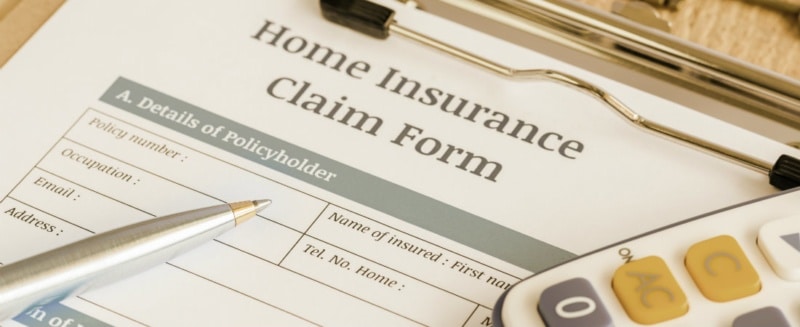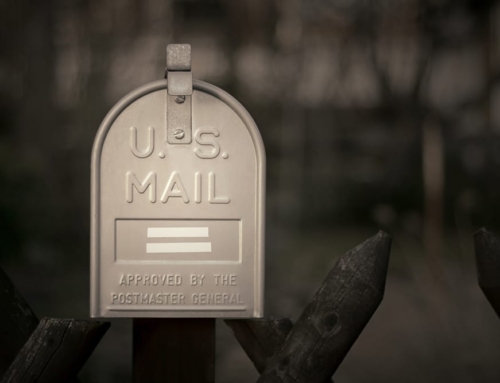You open the door to your condominium after a long day of work, but before you settle in for the night, you notice water dripping from the ceiling and a large discolored spot on your living room carpet. It appears as if a toilet or bathtub belonging to your upstairs neighbor has overflowed, causing damage to your own unit.
Who is at fault in this sticky situation, and how is your unit covered?
“The worst thing is for folks to do nothing on the assumption that someone else’s insurance will cover the damage,” said Rich Rykens, a claims team manager from State Farm.
This could turn into a complex situation because multiple parties are involved, including the other condo owner and possibly the condo association. In addition, your condo association’s bylaws—and even state laws—may affect who ultimately foots the bill.
Although it’s difficult to look at this scenario and immediately determine who is responsible for the damage in your condo, there is a protocol that you can follow to get the mess cleaned up.
Be proactive. Immediately file a claim with your own insurance company, which may cover the damage according to the limits of your condo owner’s policy.
Unlike homeowners insurance, there is no standard insurance policy for condo owners. The type of insurance policy you have as a condo owner is dependent on the master policy held by the condo association. You probably contribute to this on a monthly basis through assessments. Although it differs from building to building, the condo association master policy usually covers the building’s structure, exterior parts, and shared spaces.
Once you file a claim with your own insurance company, it will investigate whether or not a third party—like the upstairs neighbor, the condo association, or a plumber—was responsible, said Justin Herndon, a member of the Allstate National Media Team.
If a third party is at fault for the damage in your unit, your insurance company will then subrogate the claim with that party, which means it will try to recoup what it paid out in the claim. If your insurance company is able to recover any of the costs, it may refund you for repairs paid for out of pocket, according to Rykens.
This procedure should apply to submitting insurance claims for other types of damage in your condo. Shared living spaces can be difficult at times, but as a condo owner, it’s important to read both your master and individual policies so you understand how you are covered before coming home to another accident.






